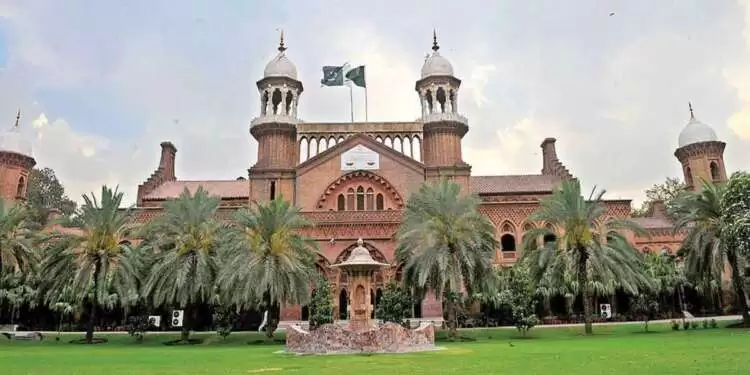The Lahore High Court (LHC) has dismissed a petition that sought to bring global streaming platforms such as Netflix and Amazon Prime Video under Pakistan’s film censorship laws. The court ruled that the country’s existing legal framework does not cover digital streaming services and that regulating such platforms would be practically impossible.
Justice Raheel Kamran Shaikh issued a 20-page written verdict rejecting the plea filed by a private cinema company. The petitioner had argued that films available on streaming platforms should be subject to the same scrutiny as those screened in cinemas under the Motion Picture Ordinance of 1979. The Punjab government opposed the petition, saying that the ordinance applies only to films exhibited in cinemas.
In the judgment, the court observed that the Motion Picture Ordinance was framed decades before the inception of digital media and was designed to regulate films shown in theaters back then. Streaming platforms, the court noted, operate on a completely different model, offering on-demand digital content directly to users. Censoring such material before release, the verdict stated, is “extremely difficult” and beyond the scope of existing law.
Justice Shaikh pointed out that platforms like Netflix and Amazon Prime upload millions of hours of content with new material added constantly. Following the 18th Amendment, the regulation of film content became a provincial subject, and while provinces amended their Motion Picture Acts to cover television and stage performances, none expanded the law to include online platforms.
The judgment stated that online platforms differ fundamentally from cinemas, as they function through digital networks and personal devices. The judgment further added that any online material that violates national laws can already be removed under the Prevention of Electronic Crimes Act (PECA), which empowers the Pakistan Telecommunication Authority (PTA) to block unlawful content.
Legal experts say the case exposes Pakistan’s unclear regulatory framework for digital media.
Lahore-based lawyer and amicus curiae in this case, Zeeshan Hashmi, told Dawn News that the petition reflected a broader overlap between different media laws. “There is a sort of regulatory overlap,” he said. “PEMRA rules suggest that the Motion Picture Ordinance can apply to television, and the petitioners tried to stretch that argument to include OTT platforms as well. But that part of the PEMRA rules is inconsistent with the PEMRA Ordinance itself.”
Hashmi explained that when secondary legislation contradicts the primary law, it becomes invalid. “That issue hasn’t been ruled on yet, but it will likely be litigated in the future,” he said.
He added that any move to regulate streaming platforms would require amending the PEMRA Ordinance, not simply introducing new rules. “Bringing OTT platforms under PEMRA through rules alone would not be a good precedent,” Hashmi said. “If anything, we should be moving away from more regulation of free speech. And if the government does try to do this through rules, it can be challenged in court with stronger legal grounds.”
The court concluded that applying the Motion Picture Ordinance to streaming services was legally unsound and practically impossible. The petition was declared inadmissible and dismissed.





